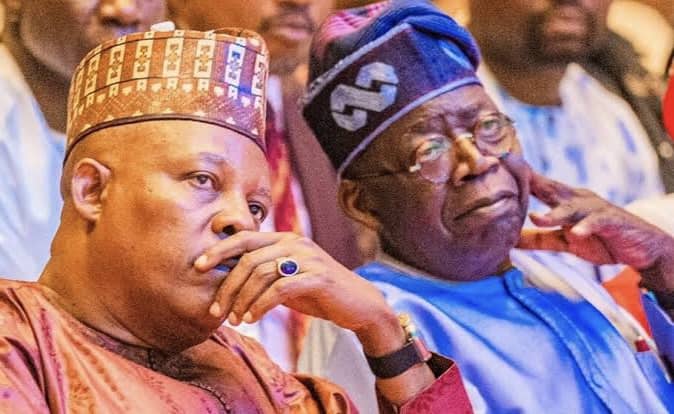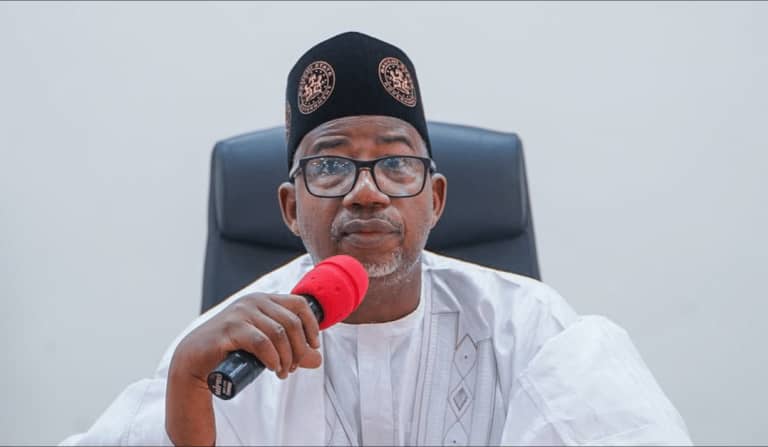Governor Chukwuma Soludo of Anambra State has appointed Mr. Joachim Achor, an indigene of Abia State, as the new Accountant General of Anambra.
The appointment, which was announced on Wednesday, marks a significant departure from the traditional practice of reserving top civil service positions for indigenes of the state.
Mr. Achor’s elevation is seen as a major milestone in Soludo’s broader reform agenda, which emphasizes competence, inclusivity, and institutional integrity. His appointment follows a rigorous selection process that, according to the state government, was transparent and entirely merit-based.
Achor’s connection to Anambra State spans decades. He first arrived in the state as a student, having enrolled at the Federal Polytechnic, Oko. After completing his studies, he was deployed to Anambra for the mandatory one-year National Youth Service Corps (NYSC) programme. During that service year, Achor stood out for his exceptional performance and was recognized as the best corps member in the state. His excellence earned him the NYSC State Merit Award, a distinction that caught the attention of the state’s then-military leadership.
Impressed by his dedication and potential, the military administration offered Achor an automatic position in the state civil service—an uncommon gesture at the time. Over the years, he rose steadily through the ranks, first serving as a Director, then as Permanent Secretary, and now reaching the peak of his career as Accountant General.
Governor Soludo’s Press Secretary, Mr. Christian Aburime, described the appointment as both symbolic and reflective of the governor’s commitment to building a truly professional civil service. He stated that Achor’s career trajectory and recent elevation demonstrate the values of resilience, excellence, and dedication to public service.
According to Aburime, the selection process for the role of Accountant General was exhaustive. It included computer-based tests, a merit-based screening process, and a final round of personal interviews conducted by the governor himself. These one-on-one sessions, Aburime said, allowed Soludo to evaluate candidates not only on professional competence but also on their alignment with the administration’s reform-driven vision.
Governor Soludo, who has been vocal about his reform goals since assuming office, has made other appointments that support his emphasis on meritocracy and diversity. One notable example is the appointment of Mr. Adebayo Ojeyinka, an indigene of Osun State, as a Permanent Secretary in the Anambra civil service. These actions, the governor’s office said, represent a deliberate effort to shift away from ethnic favoritism and political patronage.
Historically, senior roles in Anambra’s civil service have been reserved for individuals who hail from the state. Aburime noted that Soludo’s decision represents a “strategic shift” aimed at building a more inclusive and effective governance structure. He added that by breaking from convention, the administration is institutionalizing fairness and demonstrating that excellence—not origin—should determine access to public service opportunities.
The appointments are also being framed as part of a broader national integration agenda. Aburime explained that Anambra is signaling its openness to talent from across Nigeria, reinforcing the idea that the state is a welcoming and forward-looking part of the federation. He said that Soludo is intentionally challenging entrenched assumptions about who can serve in key government roles.
“This unprecedented move to appoint non-indigenes to such high-level roles not only challenges entrenched notions of state exclusivity, but also reaffirms Anambra’s openness, progressivism, and cosmopolitan spirit,” Aburime said.
In response to his appointment, Mr. Achor expressed deep gratitude to Governor Soludo and the people of Anambra State. He called the opportunity “deeply humbling” and praised Soludo as a “true nationalist and pan-Nigerian leader.” Achor emphasized that the governor’s decision reflects a belief in capability and national unity over ethno-regional considerations.
“I owe a great debt of gratitude to Governor Soludo, a true nationalist and pan-Nigerian leader who values merit above state of origin,” Achor said. “I thank the people of Anambra for the warmth and camaraderie they have shown me. It has been an honor and privilege to serve this state. I give glory to God for the grace to reach this level.”
The development has sparked widespread commentary, with many observers describing it as a bold and commendable move toward merit-driven governance. As Soludo continues to implement reforms, the appointment of Mr. Achor may serve as a turning point in how public service appointments are made—not just in Anambra, but potentially across Nigeria.





